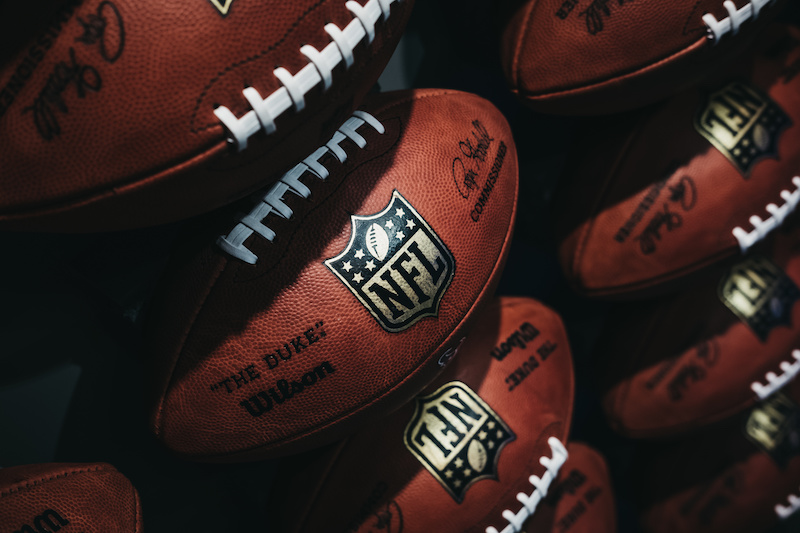News
NFL helps fund Canadian research into cannabis and concussions
Published on February 2, 2022 by oz. staff

The NFL is helping to fund a study at the University of Regina that will explore how medical cannabis can help prevent and treat concussions.
The National Football League has committed about $635,000 to fund concussion research at the University of Regina. My Next Health Inc. has added $400,000 of in-kind support for Dr. Patrick Neary’s research.
The exercise physiologist and U of R professor in the Faculty of Kinesiology and Health Studies at the University of Regina to investigate the use of cannabinoids in the treatment of concussions and for pain management.
• RELATED: Cannabis helped me heal from a concussion
Researchers will use the funding to investigate the effects of different CBD/THC formulations, which is being provided by My Next Health Inc., for pain management in those suffering from post-concussion syndrome and chronic pain, and as a neuroprotective treatment for concussion.
The Canada-wide team includes physicians, cardiologists, psychologists, pharmacologists, neuroscientists, and researchers from other fields.
“As with the league’s broader approach to health and safety, we want to ensure that our players are receiving care that reflects the most up-to-date medical consensus,” says Dr. Allen Sills, the NFL’s chief medical officer.
“While the burden of proof is high for NFL players who want to understand the impact of any medical decision on their performance, we are grateful that we have the opportunity to fund these scientifically-sound studies on the use of cannabinoids that may lead to the discovery of data-based evidence that could impact the pain management of our players.”
Neary has been working in the area of concussion prevention and treatment for more than 15 years.
He says the research team believes that different cannabinoid formulations found in medical cannabis have the potential to benefit athletes suffering from the acute and long-term chronic effects of concussions.
“Our research will also examine whether cannabinoids can be used as an alternative to opioids and other prescription medications for pain management,” he says. “Ultimately, this study has the potential to change not only the lives of current and former NFL players, but also the lives of anyone who may suffer from a concussion, whether it’s sport-related or acquired elsewhere.
“We anticipate our CBD/THC formulation will show significant and positive changes to what it does to the brain – that it will reduce pain and use of prescription medications (opioids), show a reduced number of concussions during athletic competition, and provide physiological and psychological benefits.”
Researchers still need Health Canada approval for the clinical trials.
Leave a comment on our Facebook page.
© Copyright 2022 Okanagan Z. | About the oz.
Report a Typo or Inaccuracy
We strive to avoid typos and inaccuracies. However, on occasion we make mistakes. We value your contributions and help in correcting them.